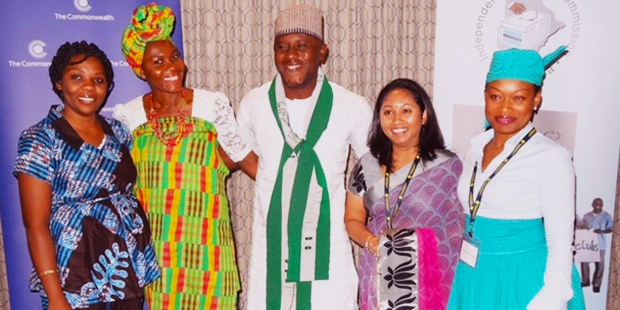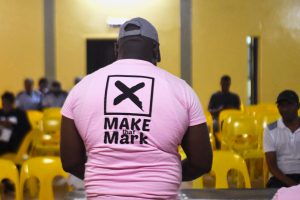Botswana’s general elections are shaping up to be the most competitive in the nation’s history.
Long considered one of Africa’s most stable and longest standing multiparty democracies, Botswana is set to have its general elections by October. Botswana’s president is indirectly elected by the National Assembly for up to two 5-year terms.
Increased competitiveness is strengthening the country’s multiparty system.
Four leaders of Botswana have shown a commitment to stepping down from power once they have completed their constitutionally mandated term limits, starting with Ketumile Masire who succeeded Seretse Khama upon his death in office as Botswana’s first president. This impressive succession tradition distinguishes Botswana from many other countries on the continent.
Botswana’s judicial independence is also noteworthy. Judges have ruled against the government in several high-profile cases.
President Mokgweetsi Masisi will be running for re-election as the standard-bearer for the ruling Botswana Democratic Party (BDP). Despite Botswana’s strong democratic credentials, the BDP has held a parliamentary majority since Botswana’s first post-independence elections in 1969.

Junior election professionals gather in Gaborone, Botswana. (Photo: Commonwealth Secretariat)
The opposition Umbrella for Democratic Change (UDC) coalition, formed in the lead-up to the 2019 elections and led by Duma Boko, represents the strongest challenge yet to the long-ruling BDP. Botswana’s historically fragmented and weak opposition has experienced an upswell in confidence since its victory in the 2022 by-elections. One of the UDC’s proposals is to develop a National Health Insurance Scheme that will make access to quality health care a priority.
The BDP’s support has been hurt by a personal feud between Masisi and his predecessor, former president, Ian Khama. Khama has been living in South Africa since leaving office and faces arrest on firearms charges that have been upheld in court. A series of policy reversals and personnel changes under Masisi’s government have soured Khama into supporting the opposition Botswana Patriotic Front in order to unseat the current president.

A polling officer verifying the ballots as they arrive at the Gaborone City Council Hall on October 23, 2019. (Photo: AFP/Monirul Bhuiyan)
Masisi’s tenure has been marked by mixed results. High youth unemployment and deteriorating public infrastructure have generated increased public attention. However, press freedom has significantly improved under Masisi’s tenure after media space had deteriorated under Khama. The passing of the Media Practioners’ Association Bill in 2022 was a tangible step toward strengthening media independence long sought by press freedom advocates, though some have expressed concerns over the creation of a formal register for journalists.
Regardless of which party comes out on top in Botswana’s elections, the increased competitiveness is strengthening the country’s multiparty system. This is incentivizing all parties to put forward innovative policies that are responsive to popular interests and challenging attitudes of entitlement that can set in under dominant party systems.


 Botswana: October
Botswana: October